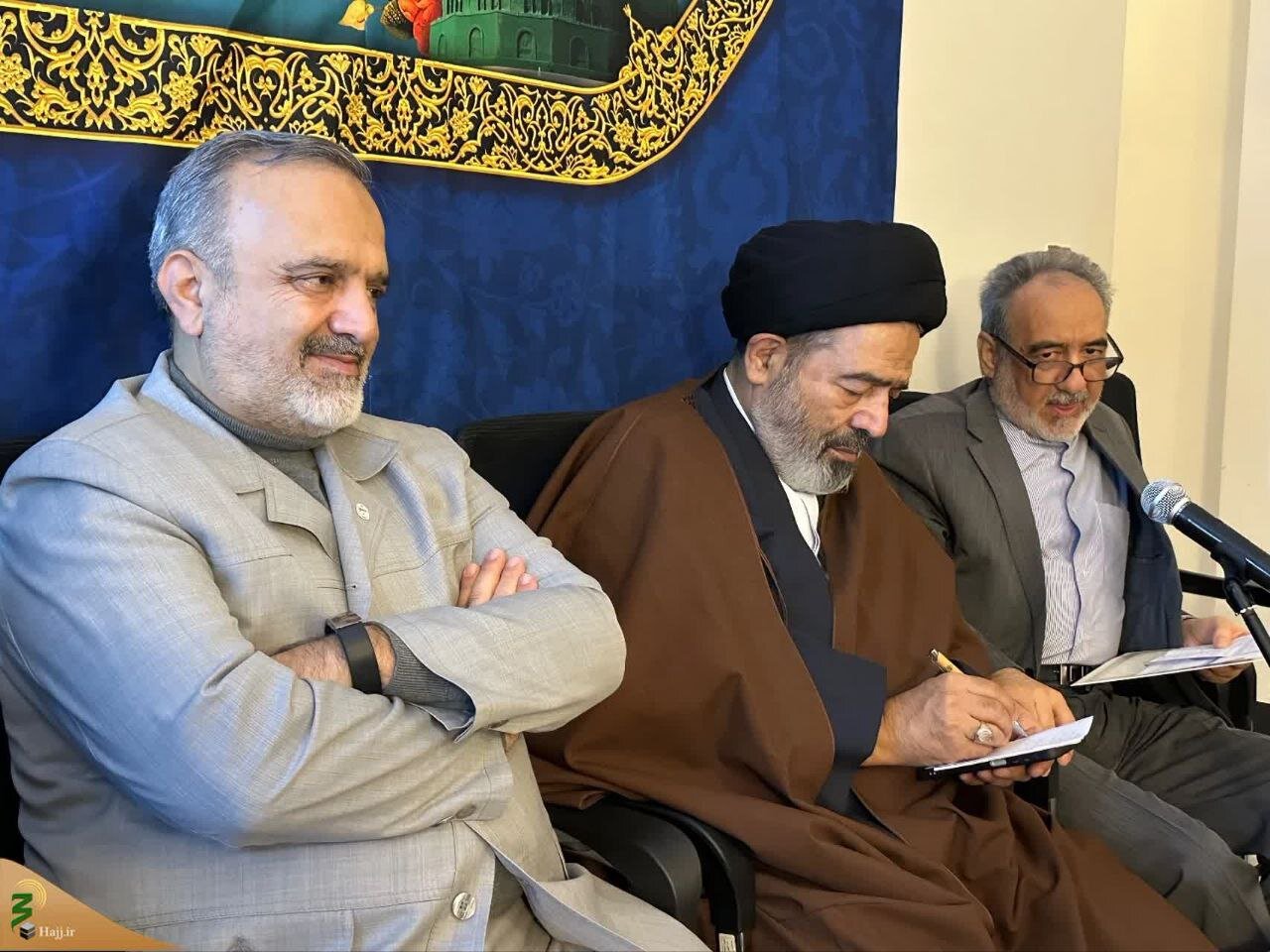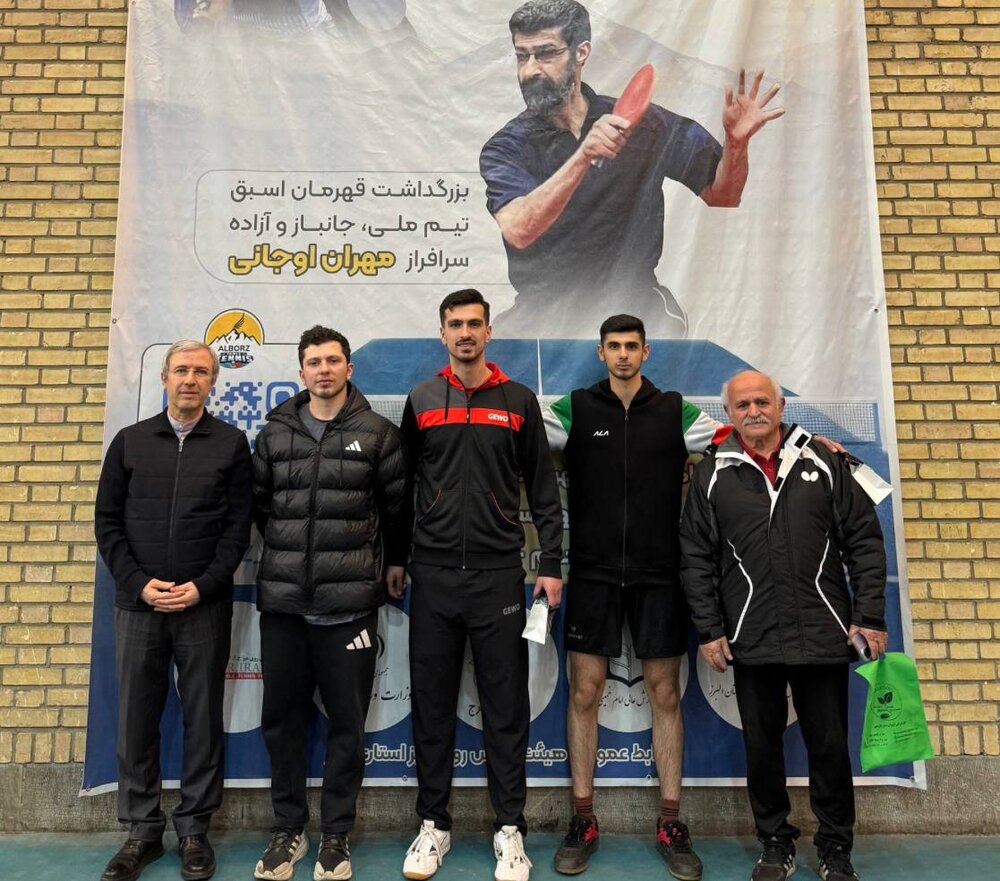'Almost wiped out': Israeli restrictions stifle recovery of Gaza's farmlands
'Almost wiped out': Israeli restrictions stifle recovery of Gaza's farmlands
Naim Abu Amra's land in central Gaza's Deir al-Balah used to be covered with greenhouses.
On the 11-dunam (one hectare) stretch of land east of Abu Holi, the Palestinian farmer grew tomatoes, cucumbers, peppers and courgettes, with some seasonal rotations of eggplants and leafy vegetables to keep the soil healthy.
But after Israel's genocidal war began in October 2023, everything changed. The entire area was declared a "no-go zone". His greenhouses were destroyed, irrigation pipes torn apart and the well filled with sand and debris.
"Military bulldozers levelled the land to bare soil; even the plastic and metal structures melted under the bombing," Abu Amra told Middle East Eye.
His once-thriving fields were left unusable, covered in rubble and littered with unexploded ordnance.
The two-year onslaught has rendered over 95 percent of Gaza's agricultural land inaccessible, according to a joint assessment in July by the Food and Agriculture Organization (FAO) and the United Nations Satellite Centre (UNOSAT).
The data revealed that, as of May, 80 percent of Gaza's cropland was damaged, while 77.8 percent of that land is now inaccessible to farmers.











